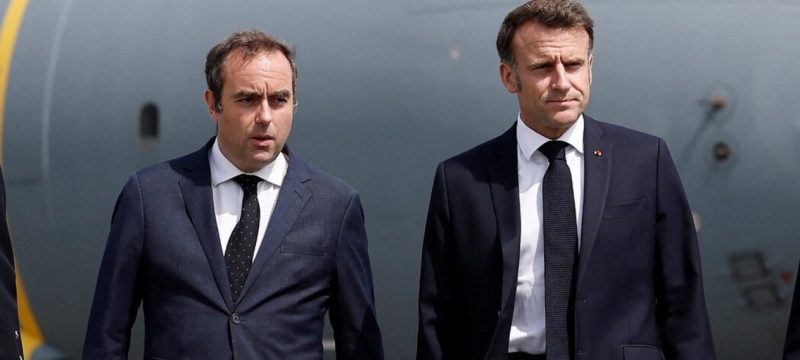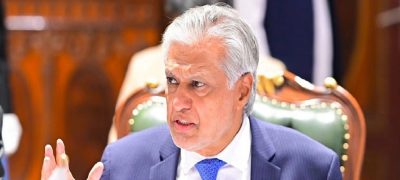French President Emmanuel Macron has appointed Sebastien Lecornu as France’s new prime minister. The move came on Tuesday, just a day after parliament ousted François Bayrou in a no-confidence vote over his debt-control plans.
At 39, Lecornu is Macron’s fifth prime minister in less than two years. His appointment signals continuity in Macron’s pro-business policies, which include lower taxes for companies and the wealthy, as well as a higher retirement age.
Macron’s office confirmed that Lecornu will lead talks with all political groups in parliament before announcing his cabinet. This step is unusual in French politics, where prime ministers usually form governments directly. Lecornu pledged to serve “the independence and stability of France” in a statement on X.
The appointment has sparked sharp criticism. Left-wing parties dismissed the decision and urged citizens to join nationwide “Block Everything” protests. The hard-left France Unbowed party announced plans to file a no-confidence motion, though its chances of success remain slim.
Far-right National Rally leader Jordan Bardella has left the door open to temporary cooperation with Lecornu on the upcoming budget. Bardella stressed that his party would oppose tax hikes on ordinary workers and push for stricter immigration and lower EU contributions. This alignment could prove vital, as Macron’s government depends on shifting alliances in a fragmented parliament.
The immediate challenge for Lecornu will be drafting the 2026 budget. France’s deficit currently stands at nearly double the European Union’s 3% GDP ceiling. His predecessor failed to secure support for deep spending cuts, which contributed to his downfall.
Lecornu’s political rise has been steady. Starting as a teenage campaigner for former President Nicolas Sarkozy, he became mayor of a small Normandy town at 18 and later Sarkozy’s youngest adviser. He left the conservative Les Republicains in 2017 to join Macron’s centrist movement and went on to manage Macron’s 2022 re-election campaign. Until now, he served as defence minister, overseeing higher military spending and shaping France’s security stance on Ukraine.
By naming a loyalist with conservative roots, Macron shows he intends to safeguard his economic reforms despite growing discontent and political unrest.
For the full story, read more about how Maduro decrees Christmas in October for Venezuela here.







